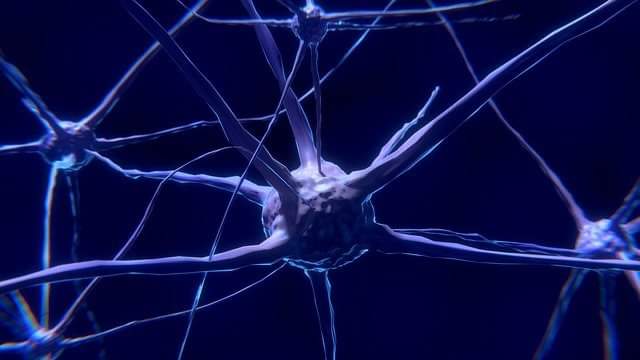A brain disorder which is becoming more prevalent worldwide is Parkinson’s disease. Parkinson’s disease occurs when your nerve cells in the basal ganglia, the region in your brain that controls movement, is damaged and dies off. The nerve cells in the basal ganglia play many important roles including the release of dopamine. The result of a lower amount of this chemical being released is impairment of movement.
In addition to the loss of the cells in the basal ganglia, people who have Parkinson’s disease also have diminished nerve endings that are responsible for the production of the chemical messenger called norepinephrine. This chemical messenger plays a number of roles including controlling your blood pressure and heart rate. A third common symptom of people with Parkinson’s disease is their brain contains Lewy bodies. These are masses in the brain of protein α-synuclein.
Parkinson’s disease is defined by The World Health Organization as ‘a brain condition that causes problems with movement, mental health, sleep, pain, and other health issues. Parkinson’s disease gets worse over time. There is no cure, but therapies and medicines can reduce symptoms. Common symptoms include tremors, painful muscle contractions and difficulty speaking’(2).
This disease can also affect the gut and causes symptoms can include constipation, nausea and vomiting. 30% of those who have Parkinson’s disease suffer from gastrointestinal symptoms (5). The most common gut symptom is constipation which affects up to two-thirds of those who have gut symptoms.
The cause of Parkinson’s disease is still unknown. It is predicted to be the result of a combination of factors including genetics, environmental factors including diet, aging, and chemical exposure.
Research suggests that Parkinson’s disease may start in your gut. A recent review of the evidence further strengthens this prediction (1). Reasons behind this conclusion is due to gut symptoms often appear in people who have Parkinson’s disease before the neurological signs. In addition, collections of α-synuclein, have been found in the nerve cells of the gastrointestinal tract.
Sensory cells in your gut called enteroendocrine cells contain α-synuclein and synapse with enteric or gut nerves. A synapse is a ‘small gap at the end of a neuron that allows a signal to pass from one neuron to the next’ (4). It is possible that abnormal α-synuclein first develops in enteroendocrine cells and then spreads to your nervous system. If you ingest toxins such as herbicides and pesticides, or if your gut microbiome is altered, this can induce α-synuclein accumulation and onset of Parkinson’s disease.
Further evidence is that people who have their vagus nerve partially or completely removed have a reduced risk of developing Parkinson’s disease. Your vagus nerve is a nerve which provides signals from your gut to your brain and heart.
Looking after the health of your gut involves a lifestyle approach. Your diet is one important factor which affects the health of your gut. Including a diverse range of whole, plant-based foods in your diet is an important part to developing a healthy gut microbiome. A goal is including thirty different plant-based foods each week. Whole plant-based foods include wholegrains like brown, red or black rice, wholegrain bread, pasta and couscous, wholegrain crackers, vegetables, fruits, nuts, seeds, legumes and beans. Structuring your meal to be half to three quarters made up of plant-based foods is a healthy lifestyle habit to promote your gut health.
Adding seafood two to three times a week is also recommended as seafood is one food which is linked to promoting a healthy gut microbiome. Moderating red meat which includes pork to be no more than three hundred and fifty to five hundred grams a week also promotes a healthy gut microbiome.
Take home message: The key to looking after the health of your brain and reducing your risk of developing Parkinson’s disease could lie in the health of your gut.
References:
- Liddle RA. Parkinson's disease from the gut. Brain Res. 2018 Aug 15;1693(Pt B):201-206. doi: 10.1016/j.brainres.2018.01.010. Epub 2018 Jan 31. PMID: 29360467; PMCID: PMC6003841.
- Parkinson’s Disease. World Health Organisation. https://www.who.int/news-room/fact-sheets/detail/Parkinson’s-disease
- Parkinson’s’s Disease: Causes, Symptoms, and Treatments. National Institute of Aging. https://www.nia.nih.gov/health/Parkinson’ss-disease
- What Is a Synapse? Where Nerve Impulses Are Passed from Neuron to Neuron. Verywell Health. https://www.verywellhealth.com/synapse-anatomy-2795867
- Pfeiffer RF. Gastrointestinal dysfunction in Parkinson's disease. Lancet Neurol. 2003;2:107–16.








